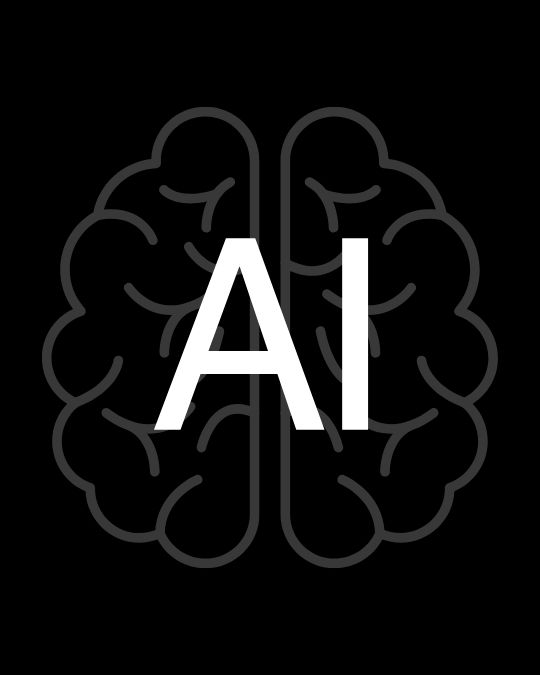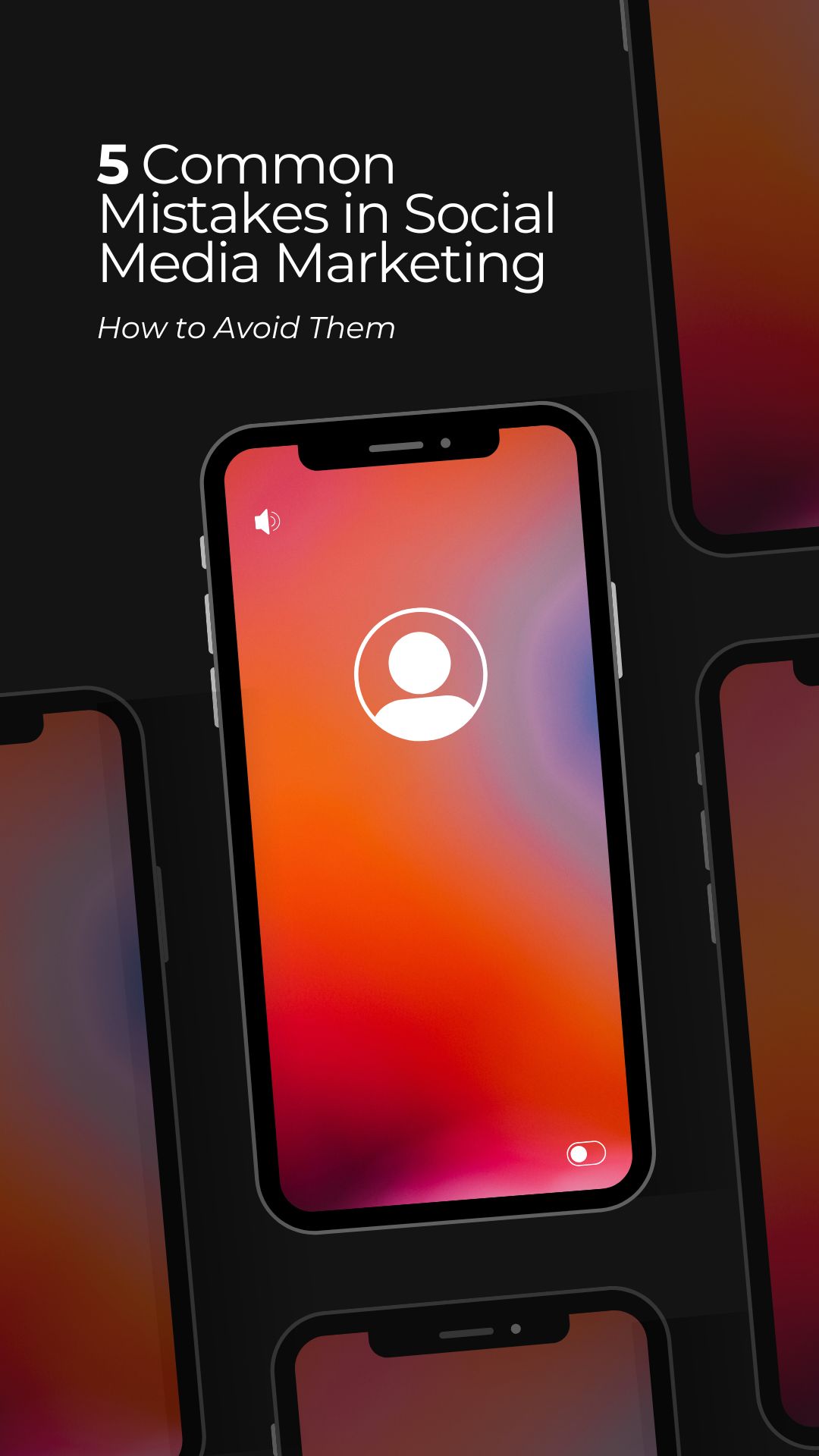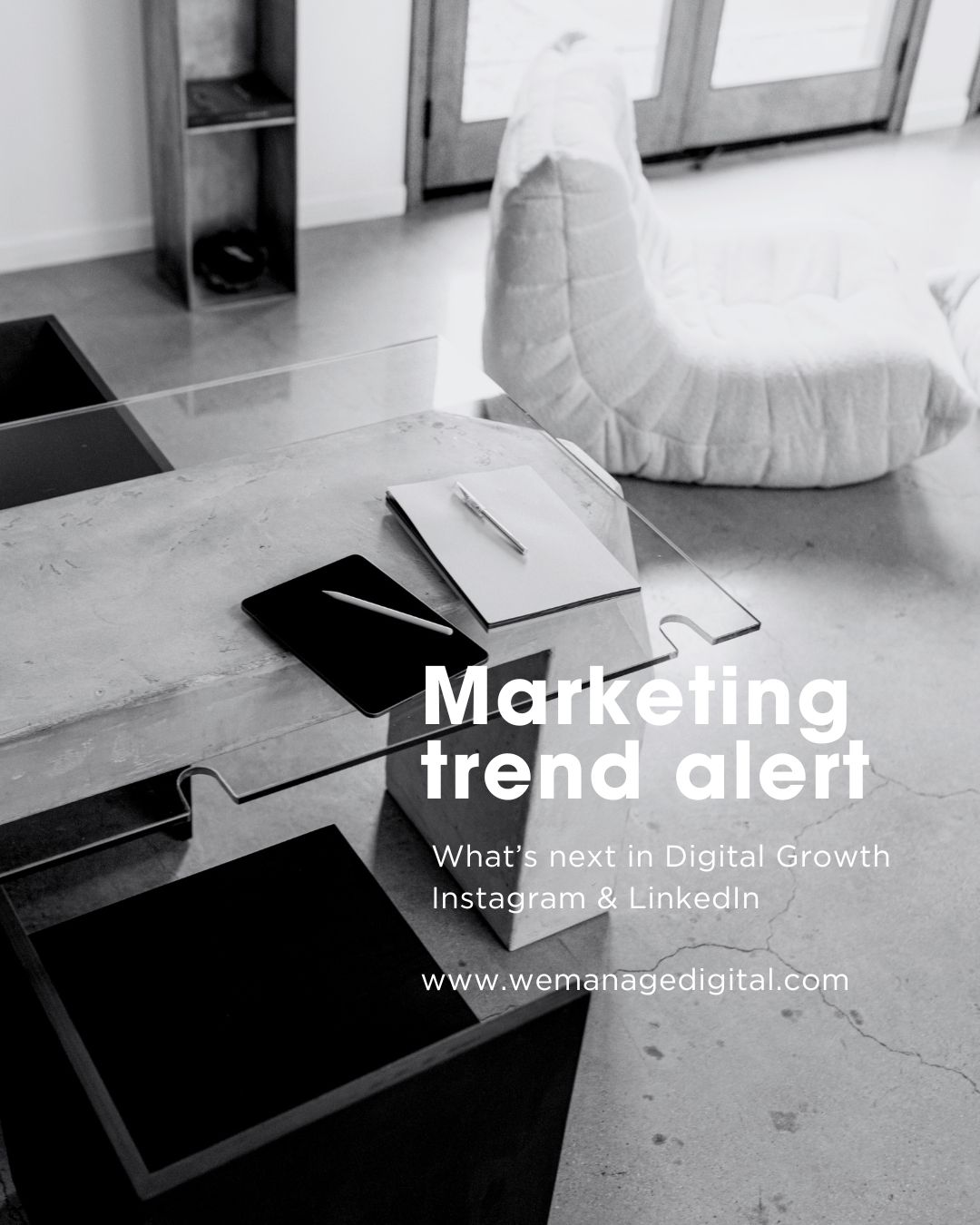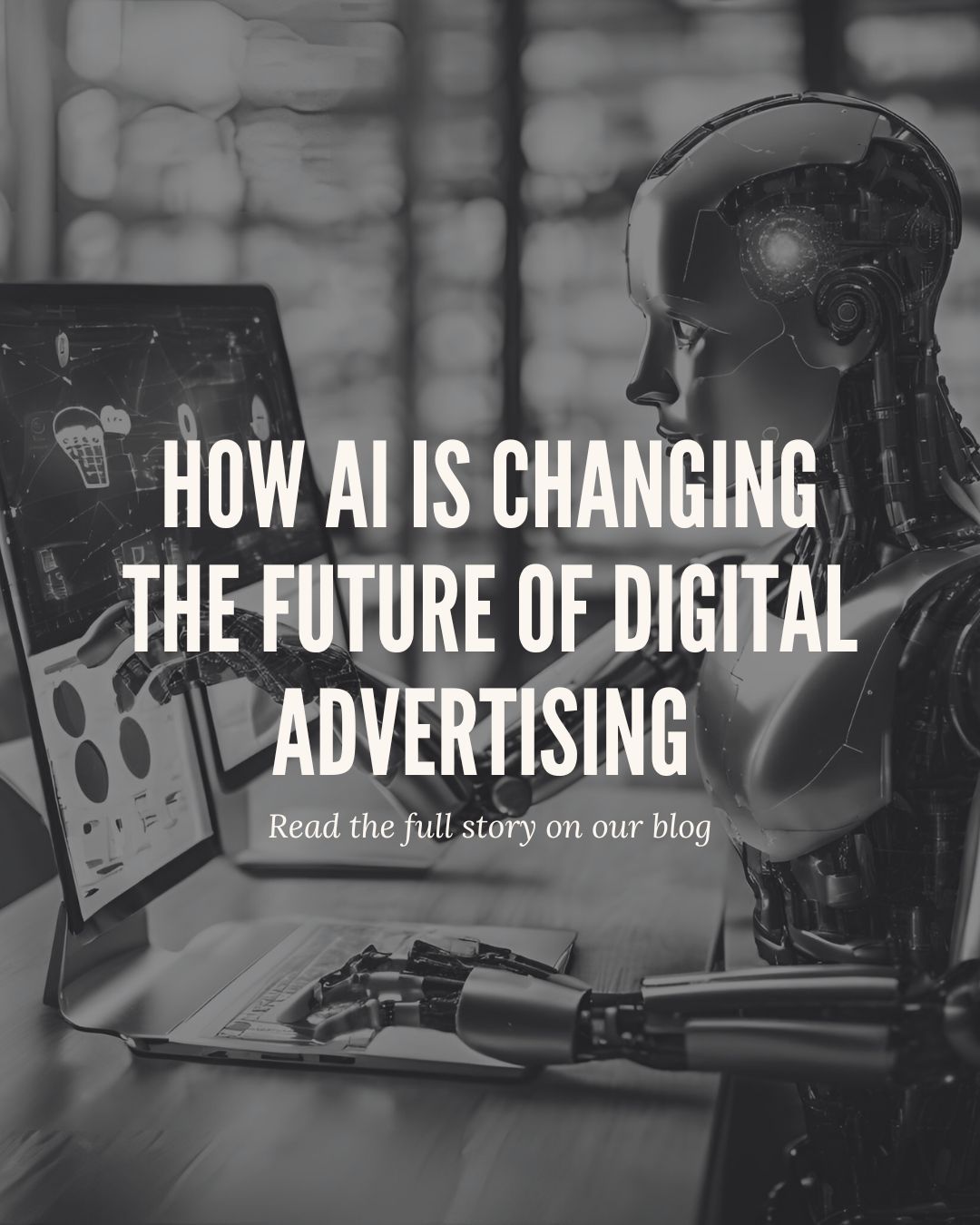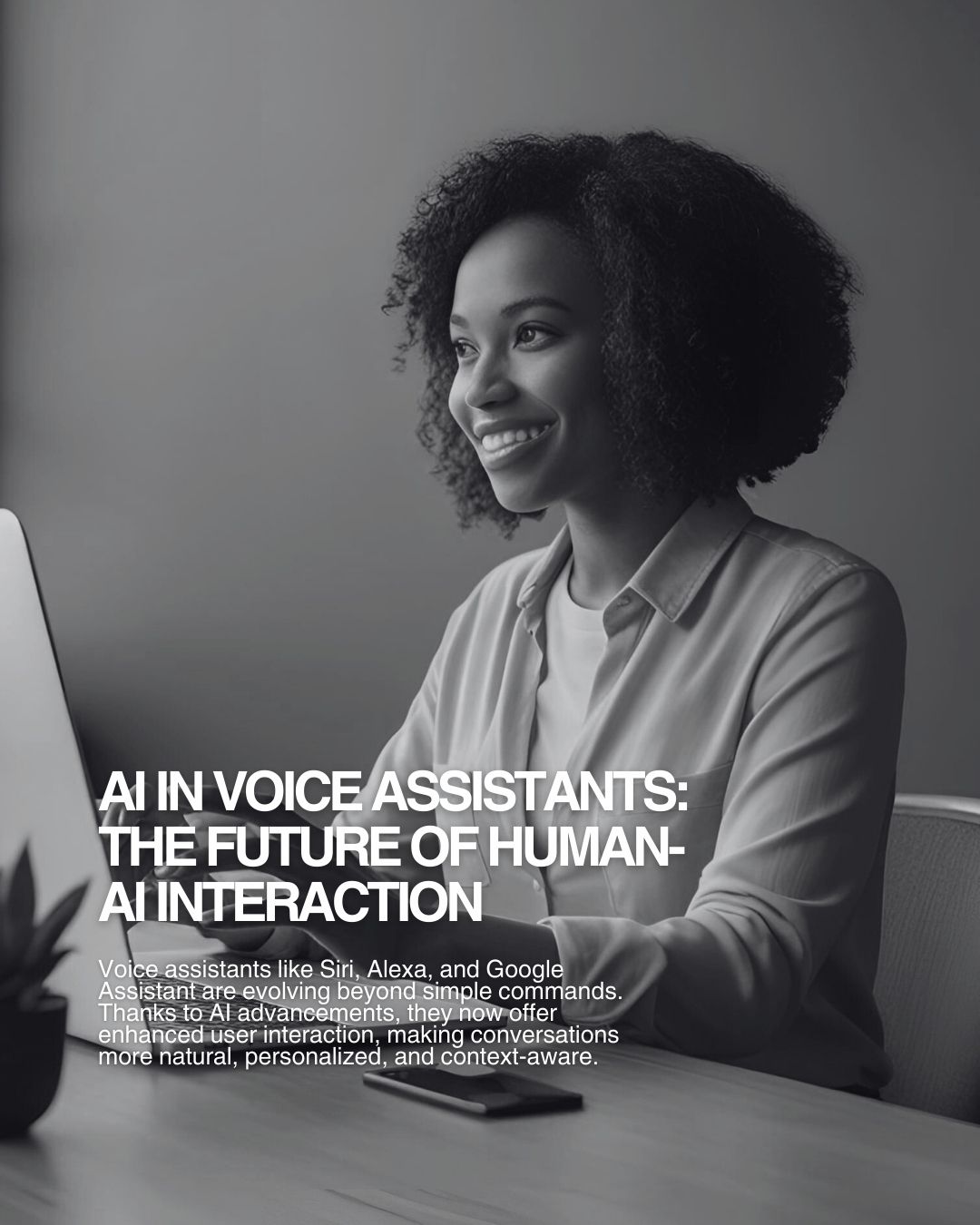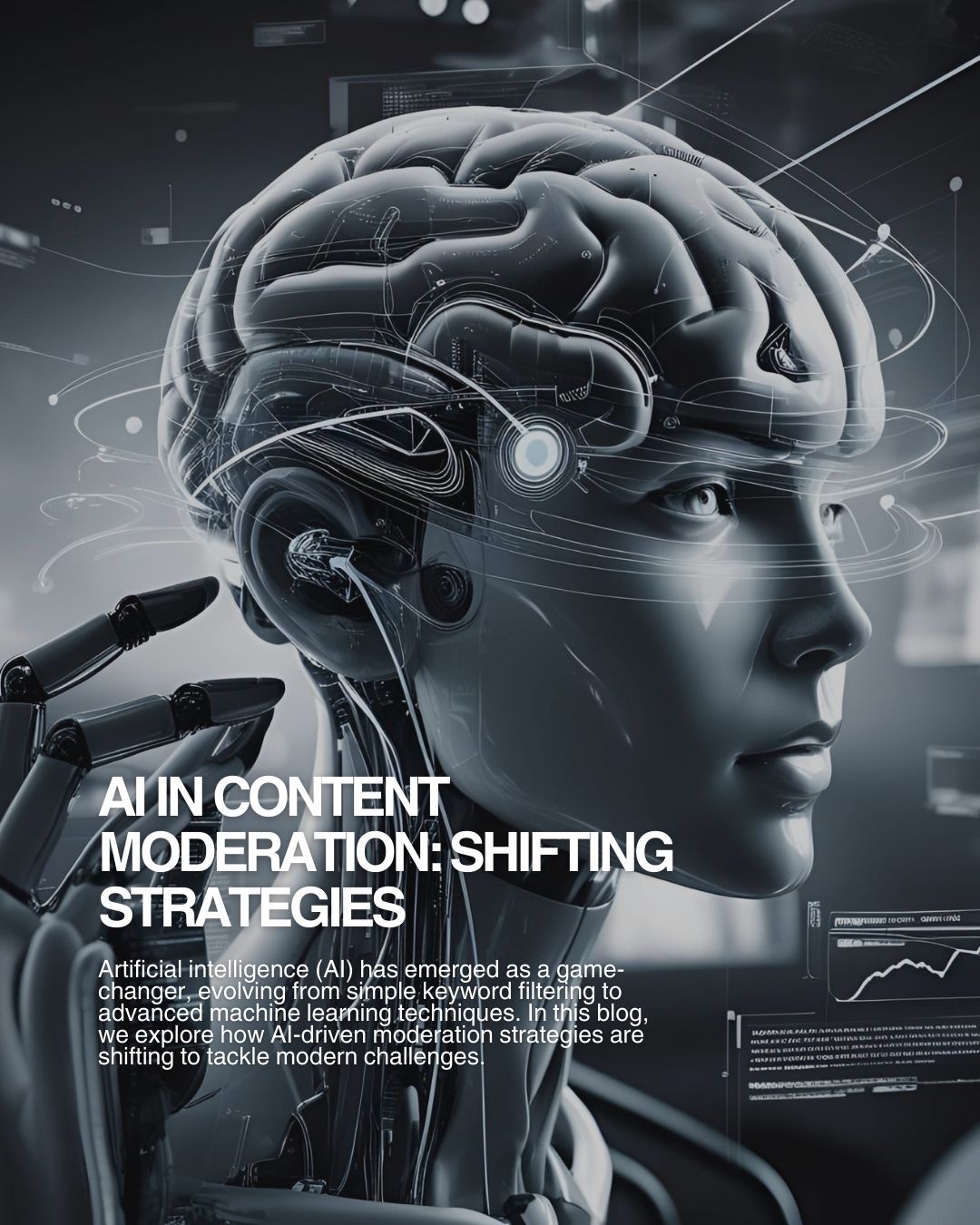The integration of AI and automation into digital marketing has significantly transformed the landscape, offering bloggers new tools and techniques to enhance their strategies. Here’s a look at the impact of AI and automation on digital marketing strategies for blogs:

1. Enhanced Content Creation
- Automated Writing Tools: AI-driven tools like GPT-4 can assist in generating content, creating drafts, and suggesting improvements, saving time for bloggers and ensuring high-quality output.
- Content Personalization: AI can analyze reader behavior and preferences to create personalized content recommendations, increasing engagement and reader satisfaction.
2. Improved SEO
- Keyword Research: AI tools can identify high-performing keywords and trends, helping bloggers optimize their content for better search engine ranking.
- Content Optimization: AI-powered tools can analyze blog posts and provide suggestions for improving SEO, readability, and overall quality.
3. Advanced Data Analytics
- Predictive Analytics: AI can predict future trends based on historical data, allowing bloggers to stay ahead of the curve and create content that resonates with their audience.
- Behavior Analysis: AI can analyze reader behavior in real-time, providing insights into what content works best and helping to refine strategies continuously.
4. Efficient Marketing Automation
- Email Campaigns: Automation tools can segment email lists, personalize messages, and schedule campaigns, ensuring timely and relevant communication with subscribers.
- Social Media Management: AI-driven tools can automate social media posting, engagement, and monitoring, freeing up time for bloggers to focus on content creation.
5. Enhanced User Experience
- Chatbots: AI-powered chatbots can provide instant support and information to readers, enhancing their experience and keeping them engaged on the blog.
- Dynamic Content: AI can deliver dynamic content that changes based on user behavior and preferences, making the blog more interactive and engaging.
6. Ad Targeting and Optimization
- Precision Targeting: AI can analyze vast amounts of data to create highly targeted advertising campaigns, ensuring that ads reach the most relevant audience.
- Performance Optimization: AI can monitor ad performance in real-time and make adjustments to maximize ROI, ensuring that marketing budgets are used efficiently.
7. Content Curation
- Automated Curation: AI can curate content from various sources, providing readers with a comprehensive view of a topic and keeping the blog updated with fresh content.
- Recommendation Engines: AI-powered recommendation engines can suggest related articles, increasing the time readers spend on the blog and their overall engagement.
8. Predictive Lead Scoring
- Lead Identification: AI can analyze user data to identify high-potential leads, allowing bloggers to focus their marketing efforts on the most promising prospects.
- Conversion Optimization: By understanding the behaviors and characteristics of leads that convert, AI can help refine strategies to increase conversion rates.
9. Performance Tracking and Reporting
- Automated Reporting: AI can generate detailed reports on blog performance, providing insights into traffic, engagement, and other key metrics without manual effort.
- Real-Time Analytics: AI tools can provide real-time analytics, enabling bloggers to make data-driven decisions quickly.
10. Enhanced Creativity and Innovation
- Idea Generation: AI can analyze trends and suggest new content ideas, helping bloggers stay creative and relevant.
- Experimentation: Automation tools enable rapid experimentation with different content formats, headlines, and strategies, allowing bloggers to find what works best more efficiently.

Conclusion
The impact of AI and automation on digital marketing strategies for blogs is profound, offering enhanced efficiency, deeper insights, and the ability to deliver highly personalized experiences. By leveraging these technologies, bloggers can stay competitive, engage their audience more effectively, and achieve their marketing goals with greater precision and creativity.

